
Higher Education Innovation Fund (HEIF): money available to support your business engagement and knowledge exchange ideas – call deadline Friday 1 July
More information can be found here.
HEFCE provide funding for knowledge exchange – Higher Education Innovation Funding (HEIF) to support and develop a broad range of knowledge-based interactions between universities and colleges and the wider world, which result in economic and social benefit to the UK. The current round of funding is referred to is HEIF 5+1+1 and runs until 31st July 2017.
BU has a proven track record with this funding stream and our success continues. Currently there are 13 live projects funded from HEIF 5+1. Examples of current projects can be found on the project pages on the BU research website and include:
Interim funding has been made available to run from 1 August 2016 to 31 July 2017. This is known as HEIF 5+1+1. (Funds cannot be carried over.)
The call is now open. (These innovative projects can be new or build on existing activity that may strengthen and/or facilitate future funding applications.)
Call schedule
| Action |
Date |
| Call w/c – applications open |
w/c 06/06/16 |
| Proposal deadline – applications close |
01/07/16 Friday |
| Proposal review process |
04/07/16 – 18/07/16 |
| Successful projects announced |
w/c 18/07/16 |
| New project funding starts |
01/08/16 |
These projects will need to reflect our interim strategy sent to HEFCE (as below):
“BU will continue to invest in innovation themes with a strong focus on network creation, with a particular focus on digital and creative industries, health and wellbeing, and regional development. The additional year of funding will enable BU to continue to develop our existing area in addition to investment to develop new innovations. This will allow BU to create innovations in key areas, whilst developing closer links with regional initiatives to enhance local development opportunities, working with the Dorset LEP and other organisations. We will also consider the use of HEIF funds to invest in effective mechanisms for engaging with business/industry. Our core strategy of investing in sector-specific themes with a strong focus on network creation remains; what has changed in light of emerging opportunities is the nature of the themes in which we will invest and the mechanisms through which we will engage with the region.”
Themes could include but are not exclusive to:
- Biodiversity, Natural and Cultural Assets (e.g. environmental sciences, archaeology,)
- Global Security
- Healthcare technologies (e.g. sensors, robotics, virtual reality, augmented reality, gamification, mobile apps)
- Economic growth and innovation.
Interdisciplinary working will need to be evident in successful proposals. Project boards including academics and external organisations will also need to be identified as part of the proposal.
If you are considering an application for HEIF funding you may find it helpful to speak to the current HEIF project leads (HEIF 5+1: 01/08/15 – 31/07/16) to identify how best to develop your proposal and consider existing HEIF project activity where relevant. More information is listed below:
| PI |
PI email |
PI ext |
Title of proposal |
| Adrian Newton |
anewton@bournemouth.ac.uk |
65670 |
Development of a toolkit for modelling natural capital |
| Alison McConnell |
amcconnell@bournemouth.ac.uk |
62313 |
Final stage development and validation of a mobile device App to reduce blood pressure |
| Genoveva Esteban |
gesteban@bournemouth.ac.uk |
68936 |
The Dorset Coast Digital Archive (DCDA) |
| Heather Hartwell |
hhartwell@bournemouth.ac.uk |
61712 |
FoodSMART (proof of concept) |
| Hongnian Yu |
yuh@bournemouth.ac.uk |
66150 |
Sensor-Integrated Urometer for measuring real-time urine output |
| Jian Chang |
jchang@bournemouth.ac.uk |
61881 |
Virtual Prototyping of New Lifeboat Launching System with Unmanned Vehicles to Enhance Safety |
| Kathy Hodder |
khodder@bournemouth.ac.uk |
66784 |
Enhancing Urban Green Space for Pollinators – Decision Making Hub |
| Kevin McGhee |
kmcghee@bournemouth.ac.uk |
68189 |
Psychiatric Genetic Counselling for Healthcare Professionals (PGC4HP): First UK pilot study, regional knowledge exchange and global impact. |
| Mark Brisbane |
mbrisbane@bournemouth.ac.uk |
65166 |
Building Roman Britain: Innovative investigations of Roman building material and knowledge exchange through museum interpretation and learning. |
| Richard Stillman |
rstillman@bournemouth.ac.uk |
66782 |
Simply communicating complex research to inform environmental decision-making |
| Sarah Bate |
sbate@bournemouth.ac.uk |
61918 |
Superior Face Recognition: Generating Knowledge Exchange with the Police Force |
| Stephen Jukes |
sjukes@bournemouth.ac.uk |
65630 |
Hazardous environment training for journalists: a mobile training platform |
| Wen Tang |
wtang@bournemouth.ac.uk |
62498 |
“PLUS” Knowledge Exchange Partnership Building with Regional Police Forces on Developing New Police Training Methodologies Using Role-playing Games Technology |
FAQs click here.
Application form click here.
For more information on HEIF and other knowledge exchange opportunities, please contact Jayne Codling Knowledge Exchange Adviser (RKEO).
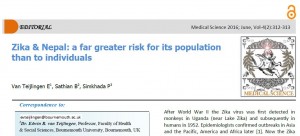 BU academics are editors on a wide range of scientific journals. As editors we often write editorials for academic journals which have a number of specific functions. It is a key means of communication between the editor(s) and the journal’s readership. It is also vehicle to highlight topical academic and political issues related to the journal and the discipline(s) it represents.
BU academics are editors on a wide range of scientific journals. As editors we often write editorials for academic journals which have a number of specific functions. It is a key means of communication between the editor(s) and the journal’s readership. It is also vehicle to highlight topical academic and political issues related to the journal and the discipline(s) it represents. 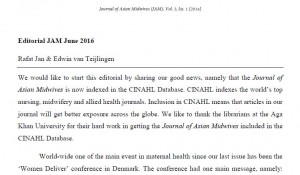


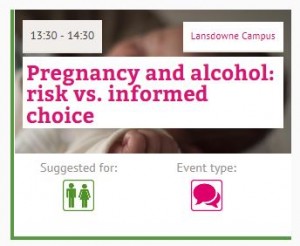




![InnovateUK_LogoA_Interim_RGBx320govuk[1]](http://blogs.bournemouth.ac.uk/research/files/2014/12/InnovateUK_LogoA_Interim_RGBx320govuk11-300x90.jpg)

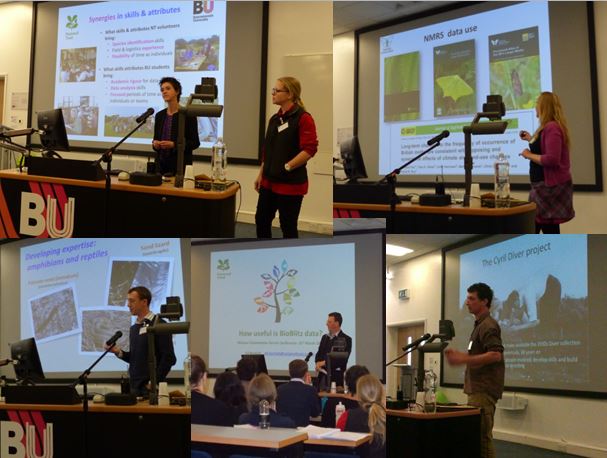
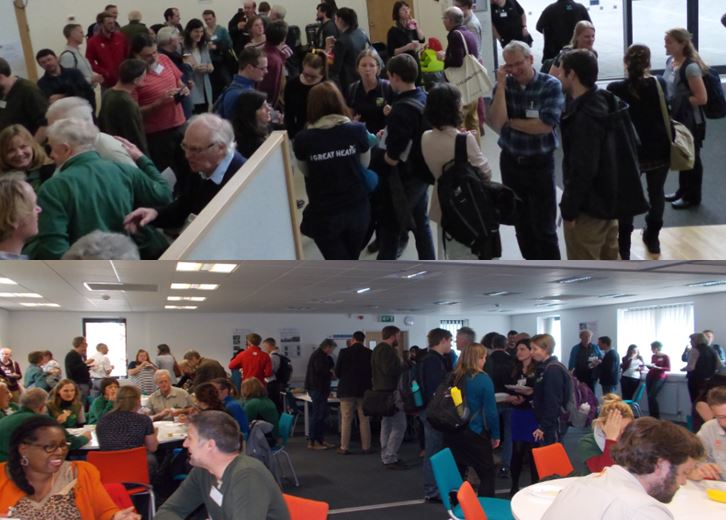
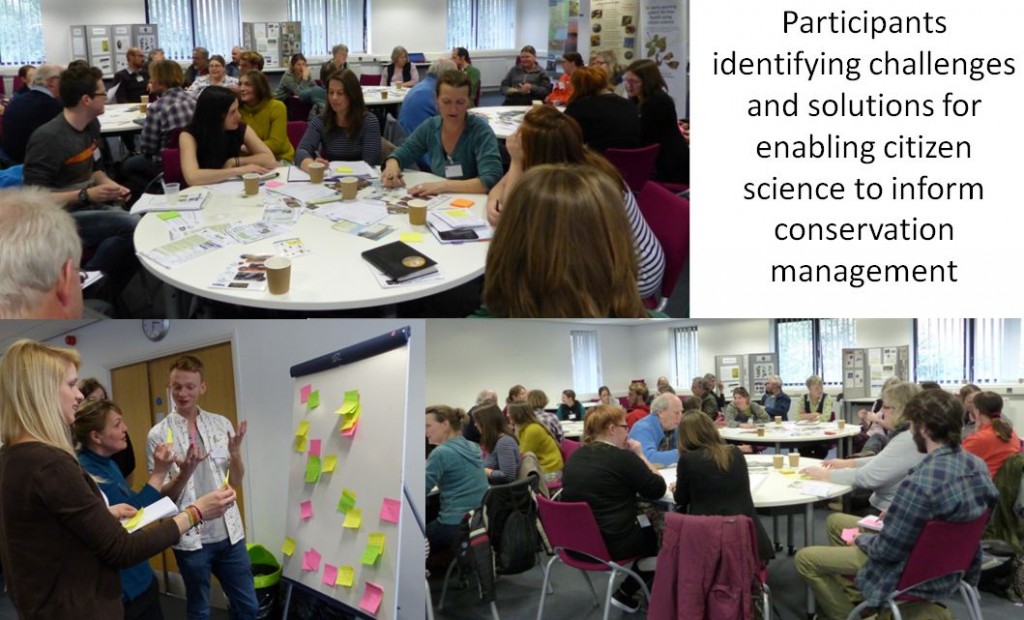
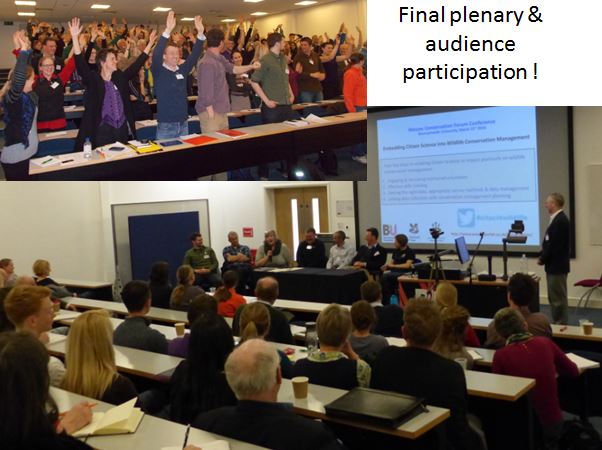
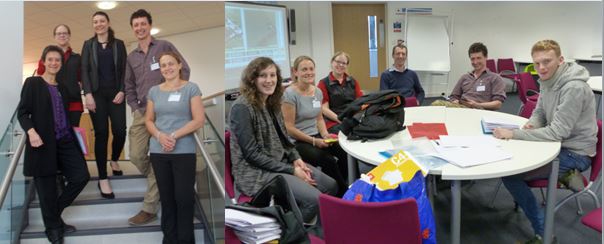


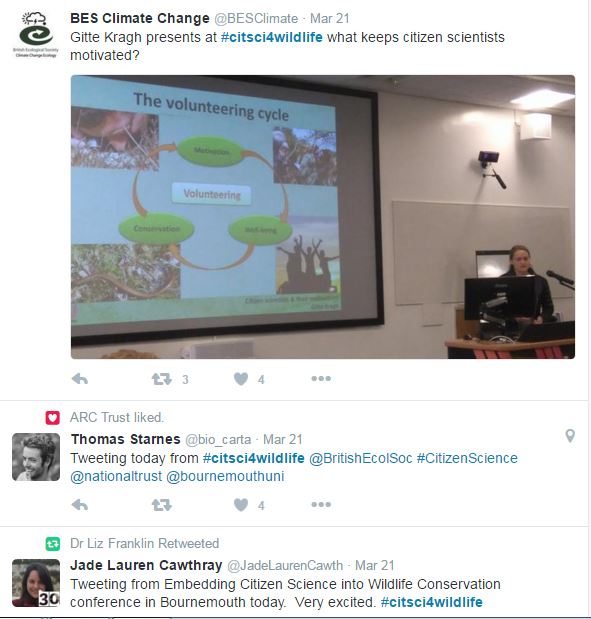












 REF Code of Practice consultation is open!
REF Code of Practice consultation is open! BU Leads AI-Driven Work Package in EU Horizon SUSHEAS Project
BU Leads AI-Driven Work Package in EU Horizon SUSHEAS Project Evidence Synthesis Centre open at Kathmandu University
Evidence Synthesis Centre open at Kathmandu University Expand Your Impact: Collaboration and Networking Workshops for Researchers
Expand Your Impact: Collaboration and Networking Workshops for Researchers ECR Funding Open Call: Research Culture & Community Grant – Apply now
ECR Funding Open Call: Research Culture & Community Grant – Apply now ECR Funding Open Call: Research Culture & Community Grant – Application Deadline Friday 12 December
ECR Funding Open Call: Research Culture & Community Grant – Application Deadline Friday 12 December MSCA Postdoctoral Fellowships 2025 Call
MSCA Postdoctoral Fellowships 2025 Call ERC Advanced Grant 2025 Webinar
ERC Advanced Grant 2025 Webinar Update on UKRO services
Update on UKRO services European research project exploring use of ‘virtual twins’ to better manage metabolic associated fatty liver disease
European research project exploring use of ‘virtual twins’ to better manage metabolic associated fatty liver disease